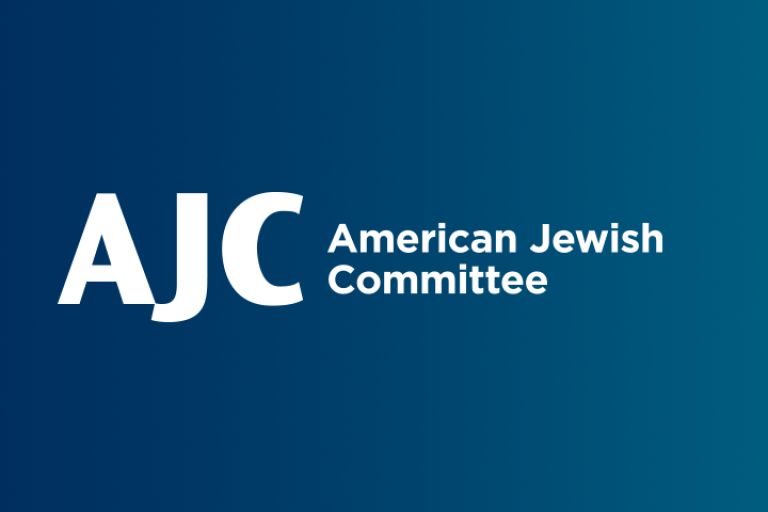Commencement is an important and exciting moment in the college experience. Students have worked hard to earn their degree and many have invited family and friends to celebrate their achievements. It is inappropriate for these ceremonies and events to be used as a platform for protest, political speech, or other disruptions. While free speech is a cornerstone of the campus environment, students and guests should not be allowed to impede commencement programs, prevent others from participating in events, or inhibit the security of others.
University leaders can and should take proactive steps to minimize the risk of commencement or graduation events being disrupted, and to respond effectively and appropriately if such disruptions occur. Below are recommendations based on experiences of other colleges and universities. Campus leaders should review these guidelines and determine how best to customize them to fit their school’s graduation events.
- Make a Plan: University officials should anticipate protests or disruption at all commencement and graduation events and have a disruption mitigation plan.
- Ensure all graduation and commencement events have adequate security.
- Practice or simulate disruptions to coordinate response and ensure all security and event personnel understand their specific role.
- Consider when and how police and other officials will remove those exhibiting disrupting behavior and how they will respond if protesters refuse to leave.
- Ensure all speakers understand how to respond if their program is interrupted. Designate one speaker to speak and address the crowd during prolonged interruptions.
- Implement and Promote Clear Policies: Universities should take necessary precautions to prevent interruptions and mitigate them if and when they occur.
- Make policies clear to all participants in advance and during the event. Consider including the policies in event invitations, on the university website, and in emails to attendees. Schools can also make the policies clear through signage, messaging on screens, and verbal instructions.
- Make clear that event disruptors will be disciplined for violations of the Code of Conduct.
- Policies can include requiring and limiting tickets for all events; prohibiting signs, banners, and other material; and removing disruptors or those exhibiting disrespectful behavior.
- Manage Speakers and Messages: University administrators should create a plan for messaging and speeches at graduation
- In cases where there are provisions to preview graduation speeches, anticipate where certain messaging may be provocative, incendiary, or offensive to the student community and other audience members, and weigh the effect of those disturbances on the overall tenor of the graduation ceremony. Consider taking steps to ensure that previewed messaging is aligned with the key values of the university, and be prepared to communicate those expectations to graduation speakers in advance where possible.
- Administrators should have a plan in place to interrupt speakers who go off-script or opt to convey messaging that is problematic or offensive. Technical adjustments such as cutting the sound to a speaker’s microphone and having masters of ceremony have prepared remarks if off-script speeches take place are important parts of planning graduation ceremonies this year. This includes making clear that graduation speakers’ views do not represent those of the university.





